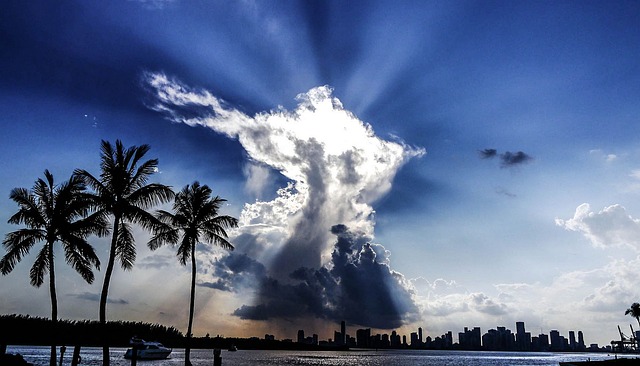In mid-September of last year, southern Florida experienced the power that remained of Hurricane Irma. Though only a category 2 hurricane when it made landfall in the contiguous United States, the damage that the storm caused reached over $50 billion and cost 90 people their lives. Irma has long since dissipated, her wreckage cleared, but she has left many people to deal with a serious health risk: mold in the home.
Many in Florida will be feeling the effects—possibly for years to come, if Hurricane Katrina was any indication—of the mold spores that implanted themselves in the drywall, carpet, and wood of countless homes and businesses. These spores remain like a memory of Irma’s damage. What this means for homeowners is that if left unchecked, mold can take over and make a home uninhabitable. And that means fixing the problem is of the utmost importance.
So how will you pay to fix your mold in the home problem? Let’s take a look at, first, why it is such a serious issue, and then, what to do if your insurance provider denies your claim.
Why Mold in the Home is Serious
There are many strains of mold, some extremely toxic and even deadly. But even homes that are damaged by more common strains pose a health risk to their inhabitants. These types of mold, while not immediately life-threatening, can cause or exacerbate health conditions like asthma, allergies, immunological reactions, and other respiratory problems. Living in a mold-infested structure can also lead to dizziness, nausea, respiration issues, and other health concerns. Quality of life becomes greatly diminished.
What to Do If Your Claim is Denied
Insurance companies often claim that they are not responsible for the cost of mold in the home. Depending on the insurance policy, it is often the responsibility of the policyholder to take steps to prevent mold from forming after a flooding event like Irma. However, if your insurance provider denies your claim for things your policy should cover, like water damaged flooring or drywall, you might have a case that you can pursue.
After last year’s storms, many Florida homeowners are still dealing with mold. Getting the insurance to pay for their fair share shouldn’t be something you have to worry about. Call the insurance litigation experts at RRBH Law at 305-800-HOME to see if you have a case.

